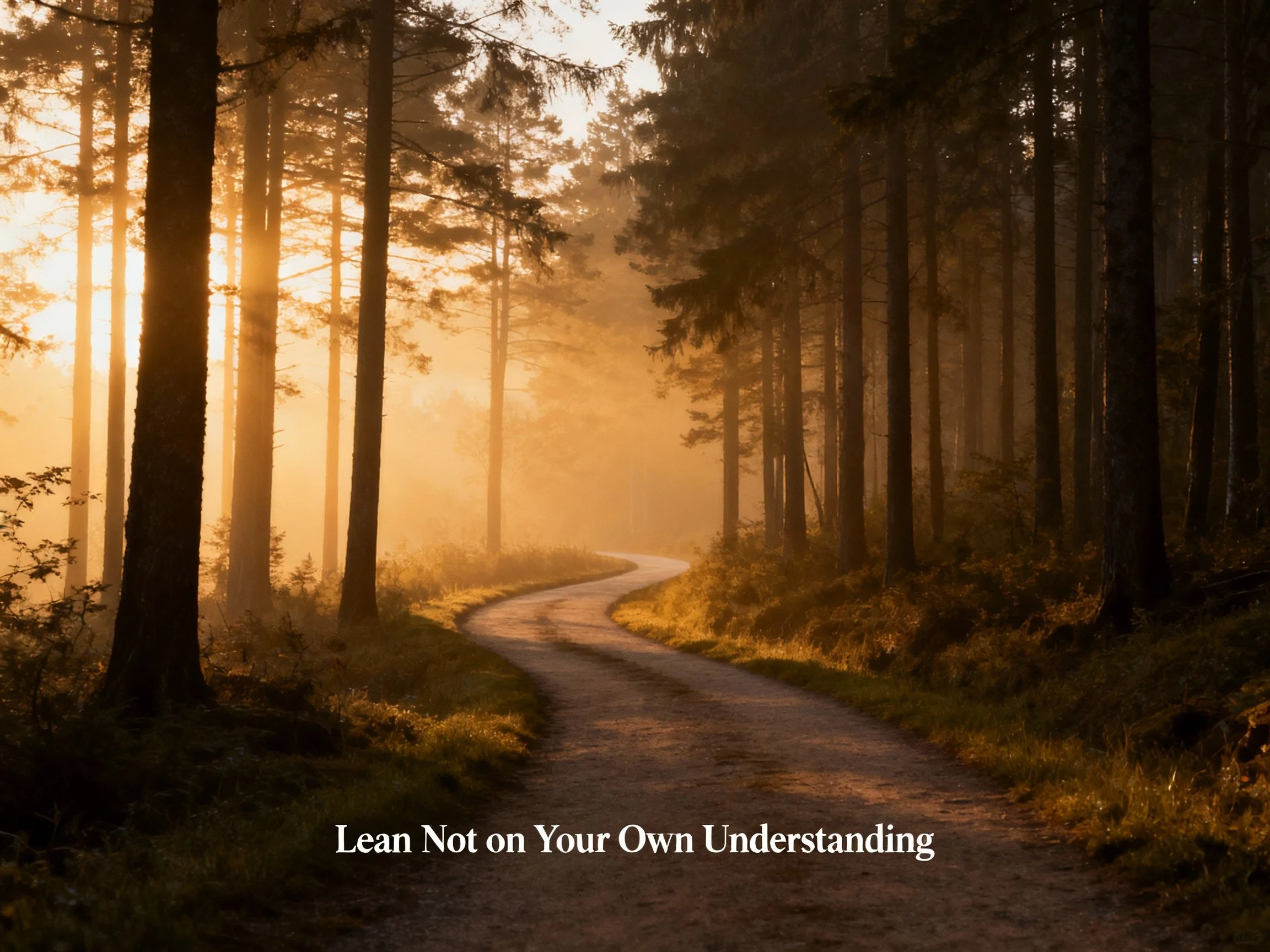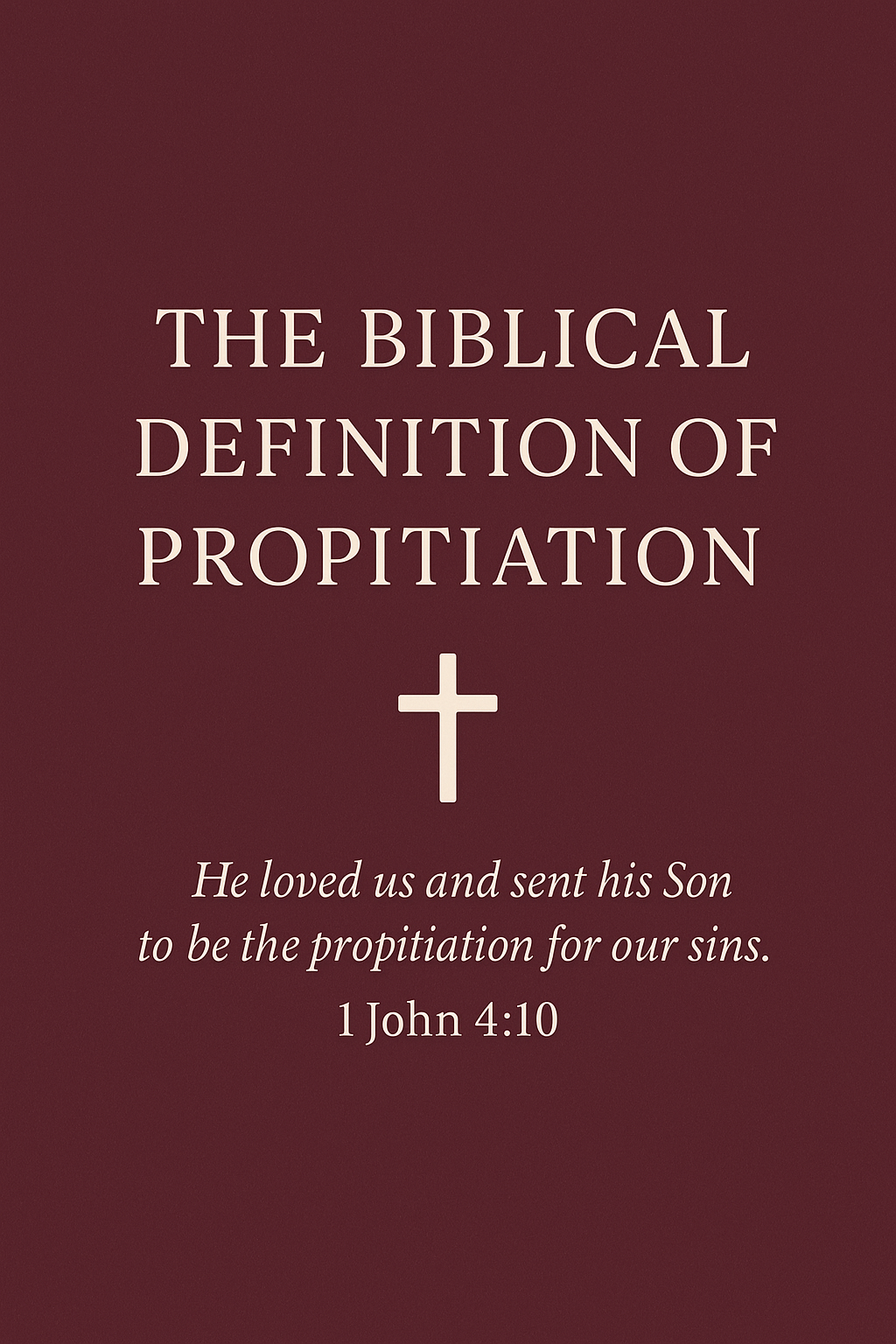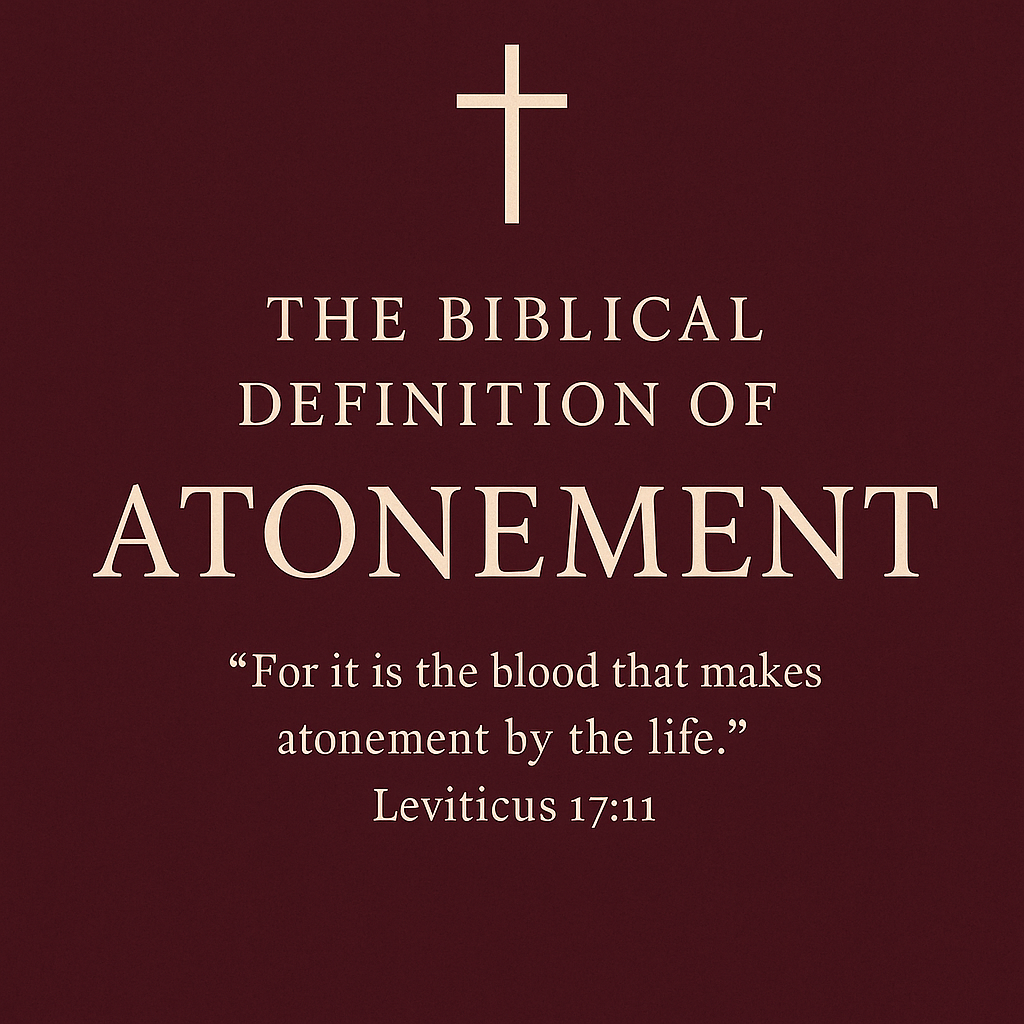Finding Duty Amidst Chaos: Living Biblically in a World of Turmoil
Big Idea:
We have a duty to declare the gospel of God even when life seems to be in chaos.
To navigate in a world full of volatility, uncertainty, and constantly shifting circumstances, it might be helpful to develop a sense of obligation based on biblical ideas. Even in the midst of enormous obstacles, the life of David, as told in 1 Samuel 23:1–13, provides insightful lessons on how to go from disorder to duty and from ambiguity to purpose.
Comprehending Chaos: David's Situation
Once a revered person in Israel, David now finds himself engulfed in turmoil. His life, which was recently characterized by luxury and security, is now dangerous and unpredictable. David struggles with his dread of the unknown, his loss of security, and the betrayal of those he once trusted as he is forced to run for his life. His freedom has been severely restricted, his duties have changed significantly, and he is now expected to navigate a world bereft of guidance and structure.
Accepting Responsibility: David's Reaction
David responds with a feeling of responsibility, despite the turmoil engulfing him. He makes the decision to accept his obligations to God and his people rather to give in to fear or hopelessness. David did not think twice to ask God for direction when faced with the chance to defend the village of Keilah from Philistine invasion. He didn’t waver in his will to carry out his obligation in the face of the skepticism and protests even of those who were his supporters.
The Basis of Obligation: Acknowledging God's Absolute Power
A profound understanding of God's sovereignty is at the core of David's feeling of obligation. He realizes that God is the greatest hero and that he himself is just a servant. David feels more empowered to take on the tasks ahead of him because he knows he is not alone and can do it with bravery and conviction.
Everyone is not an Island: Appreciating the Influence of our Decisions
The journey of David also emphasizes how interrelated all people are. He is aware that his deeds, whether they are good or evil, have far-reaching effects. Just as Saul's immorality resulted in the massacre of helpless priests, David's righteousness defends and delivers the people of Keilah. This insight emphasizes the significance of leading lives that are in line with God's precepts, understanding that the decisions we make affect both ourselves and those around us.
Our Gospel Mission: Promoting Morality
In the end, David's experience forces us to accept our gospel obligation. As parents, company owners, students, or grandparents, we all have a responsibility to live lives that honor God and encourage others to follow in our footsteps. Our dedication to piety may act as a ray of hope and stability in a world that often seems chaotic and unsettling.
Conclusion
We must accept our responsibility with boldness and conviction if we are to live biblically in a chaotic environment. Like David, we could encounter difficult obstacles and unforeseen events. However, we may weather the storm with purpose and resiliency if we acknowledge God's sovereignty, comprehend the consequences of our decisions, and embrace our gospel responsibility. May we be a light and hope to a world that sorely needs it as we work to live lives that reflect God's character.
Small Group Questions:
Reflecting on Chaos: How can you relate to David's experience of turmoil and uncertainty? Have you ever felt overwhelmed by circumstances beyond your control? How did you navigate through it?
Identifying Duties: In what ways do you currently feel a sense of obligation or responsibility in your life? Are there areas where you struggle to fulfill these duties? How can you draw inspiration from David's example in fulfilling your obligations?
God's Sovereignty: Discuss the concept of God's sovereignty as presented in the blog post. How does acknowledging God's absolute power influence your perspective on navigating through chaotic situations?
Impact of Decisions: Reflect on a time when you witnessed the ripple effects of someone's choices, whether positive or negative. How did this experience shape your understanding of the interconnectedness of humanity?
Gospel Mission: As a group, brainstorm practical ways in which you can promote righteousness and encourage moral living in your spheres of influence. How can you be intentional about living out your gospel duty in your daily lives?
Personal Application: Which aspect of David's story resonated with you the most, and why? How can you apply the lessons learned from his experience to your own life circumstances?
Encouragement and Support: How can this group provide support and encouragement to one another in times of chaos and uncertainty? Share ways in which you can uphold each other in prayer and accountability as you strive to live biblically in a chaotic world.
If you want to learn more about how to live dutifully in chaos, Shepherd Thoughts exists to help you live out your faith. If you or a friend needs support or resources to love God and love others more, please reach out to us today. We’d love to help.

























